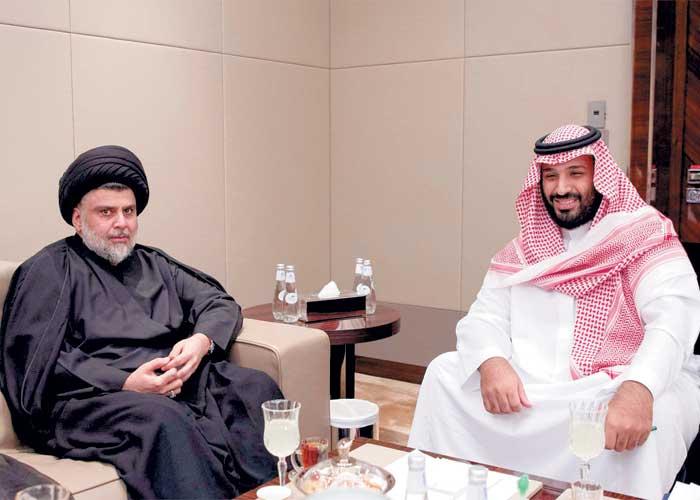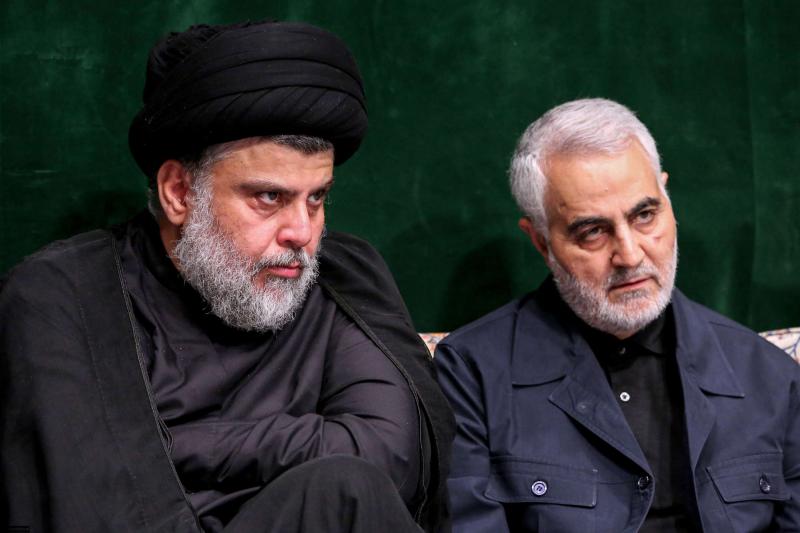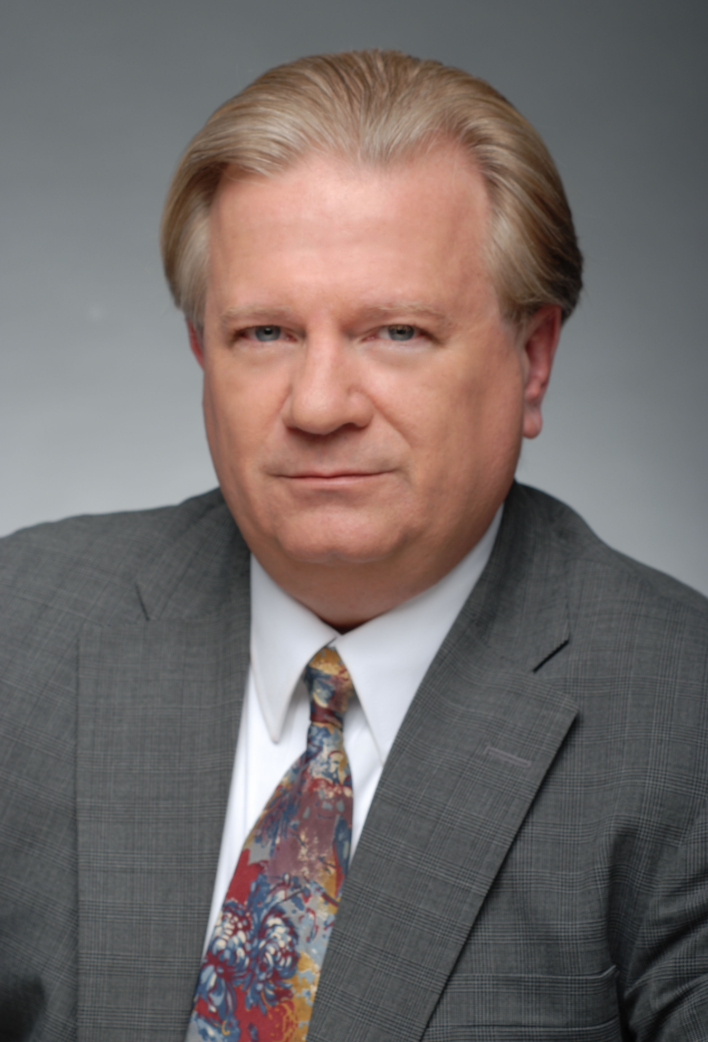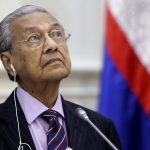Muqtada al-Sadr is arguably the most powerful person in Iraq. Son of the deceased, popular Shiite leader and cleric, Grand Ayatollah Mohammad Sadeq al-Sadr, he commands a large and well-armed Iraqi militia known as Saraya al-Salam, the latest incarnation of the Shiite militia formerly known as the Mahdi Army. Al-Sadr is now courted by both Sunni and Shia politicians, Iraqi tribal leaders of all sects, Iranians, Saudis, Emiratis, and leaders and clerics of several other Arab and non-Arab countries. Today, all power in Baghdad seems to flow through al-Sadr. This was not always the case.
Like his father, Al-Sadr is an influential Shiite Imam from Sunni majority Baghdad who is also a savvy politician. A survivor of almost twenty years of sectarian infighting, as well as numerous and sometimes savage street battles with American military forces in Iraq starting in 2003, al-Sadr is now improbably near the top of the power structure in the unstable and deeply dysfunctional Iraqi government. His coalition of militias, tribes and political parties, known as the Alliance of Revolutionaries for Reform, easily won the national elections in 2018 and now control the majority of seats in the Iraqi Parliament.

Muqtada Al-Sadr rose from very humble beginnings as a virtually unknown local imam in the Shiite slums of Sadr City, Baghdad, to become a national hero, leader of the most powerful militia in Iraq and a kingmaker in Iraqi politics. He is fiercely independent, an Iraqi patriot to his very core and a strong believer in a unified Iraq comprised of both Shia and Sunni (and even Kurds) standing together against all foreigners. While al-Sadr remains a loyal Shiite cleric with relatively strong ties to Tehran, he prides himself in having virtually no religious affiliations with any leader or government, and he maintains a strong base of support in Baghdad, especially in the neighborhood of his birth, Sadr City. He has even courted an alliance with the Sunni Prince Mohammed bin Salman of Saudi Arabia, a development that caught the Arab world by surprise.

Since the U.S. occupation ended in 2011, the Mahdi Army has been reborn as the Saraya al-Salam (peace brigades), a well-funded, well-armed militia that al-Sadr can call upon to enforce his political will throughout Iraq. Saraya al-Salam was originally formed to help the Iraqi Army defeat ISIS after that terrorist organization seized almost a third of Iraq after several one-sided battles with the Iraqi Army between January – June 2014, including the Baghdad suburb of Falluja and Iraq’s third largest city, Mosul. Following the defeat of ISIS in Mosul in July 2017, al-Sadr and Saraya al-Salam were heralded as true Iraqi patriots for their part in helping to dislodge ISIS from Mosul and from most of the other Iraqi regions that had previously been seized. Al-Sadr had achieved a revered place in Iraqi politics that even his father had failed to reach. He has more than capitalized on that fame.
I was in Iraq in 2003 with the U.S. Army serving as team leader of a Tactical Human Intelligence Team (THT). I saw first-hand the rise of al-Sadr in Baghdad from a virtually unknown local Shiite imam, to the man calling the shots, literally, with the Iraqi insurgents who were starting to violently oppose the American occupation. During this early period before al-Sadr became a national hero and a strong leader, my THT developed contacts within al-Sadr’s inner circle. These junior clerics were receptive at the time to attempting to open up communication between the Coalition Provisional Authority (CPA) and al-Sadr. They confided in me that although they distrusted America and wanted all foreign military out of Iraq as soon as possible, they also believed the best way forward for their country was a negotiated peace. I took that offer to my command.

Both the CPA and CENTCOM flatly refused to speak with al-Sadr and instead, had him designated as an “enemy combatant” and placed on the “blacklist.” Individuals designated as an enemy combatant and/or placed on the blacklist were to be detained if possible, and if not possibly, killed. I believed that was a very unfortunate and short-sighted decision that would have long lasting repercussions. Unfortunately, it turns out I was right.
Perhaps we have one last chance to rectify the costly mistakes we made many years ago in ignoring al-Sadr and going after him as just another Iraqi insurgent and “Hajji.” By demonizing him and planning tactical raids against his Mahdi Army, we made a bad situation worse and transformed what could have been a strong ally against the mullah’s in Tehran and against ISIS in Iraq and worldwide, into an enemy who now feels that the worst enemy Iraqi now faces is the United States. We believed bullets and bombs were better than diplomacy.
It did not have to be that way. I believe we still may have the opportunity to rectify our past mistakes and salvage some of our lost blood and treasure and prevent future loses, both American and Iraqi. We only need the political will to do so.
Author
-

Retired U.S. Army Counterintelligence Special Agent. He served in Iraq as a team leader of a tactical Human Intelligence Team (THT). Prior to his deployment to Iraq, David was an instructor at the reserve U.S. Army Counterintelligence Special Agent course. He has published four novels for Grand Central Publishing and is currently finishing a memoir of his experience in Iraq. David has also written articles for Vanity Fair, Salon.com, The American Prospect and The Washington Monthly.
View all posts




